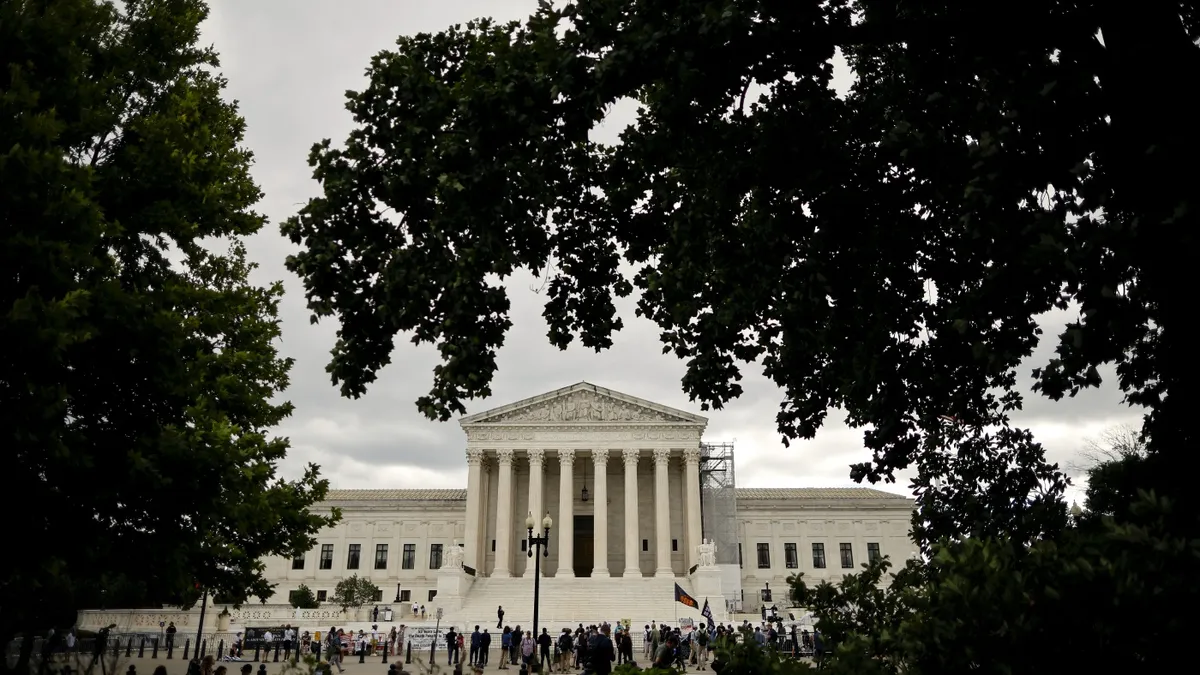
In a significant ruling that has intensified the ongoing culture war in the United States, the Supreme Court upheld a controversial Tennessee law on Wednesday, which prohibits all forms of gender affirming care for minors. This decision aligns with similar legislative moves across the nation, as approximately half of the states have enacted comparable bans on such medical treatments, while the other half continue to allow gender affirming care, including hormone treatments, for teenagers under the age of 18.
The Supreme Court's decision was reached with a 6-to-3 vote, reflecting a clear divide along conservative and liberal lines. Supporters of the Tennessee law celebrated the ruling, arguing that it serves the public interest. State Senator Jack Johnson, the bill's sponsor, expressed his thoughts in an interview with NPR last year, stating, "The state bars minors from getting tattoos, smoking, or drinking. We regulate a number of different types of medical procedures, and we felt like this was the best public policy to prevent kids from suffering from irreversible consequences—things that cannot be undone."
The legal battle surrounding access to puberty blockers and other treatments for gender dysphoria was initiated by three teenagers and their parents in Tennessee. They argued that the ban infringes on the constitutional right to equal protection under the law. Their claim highlighted the inconsistency of the law, which restricts certain treatments specifically for minors seeking to transition from their sex assigned at birth, while simultaneously permitting these medications for other medical conditions, such as endometriosis and early onset puberty.
The American Civil Liberties Union (ACLU), representing the challengers, countered the state's arguments by emphasizing that the treatments in question have been deemed appropriate for teenagers by several major medical associations. These include the American Medical Association, the American Academy of Pediatrics, the American Association of Clinical Endocrinology, and the American Psychological Association. These organizations advocate for the use of gender affirming treatments as a means to support the mental health and well-being of transgender youth.
Despite the support from American medical professionals, Senator Johnson pointed out that many countries in Western Europe have been grappling with similar issues for a longer period. He noted that several of these nations have recently reevaluated their approaches to gender affirming care, with some withdrawing from providing certain treatments due to concerns that the adverse effects of these medications may outweigh their benefits.
This ruling by the Supreme Court marks a critical moment in the ongoing debate surrounding gender affirming care for minors, highlighting the complex intersection of law, medicine, and societal values. As states continue to navigate this contentious issue, the implications of such decisions will undoubtedly resonate across the nation.